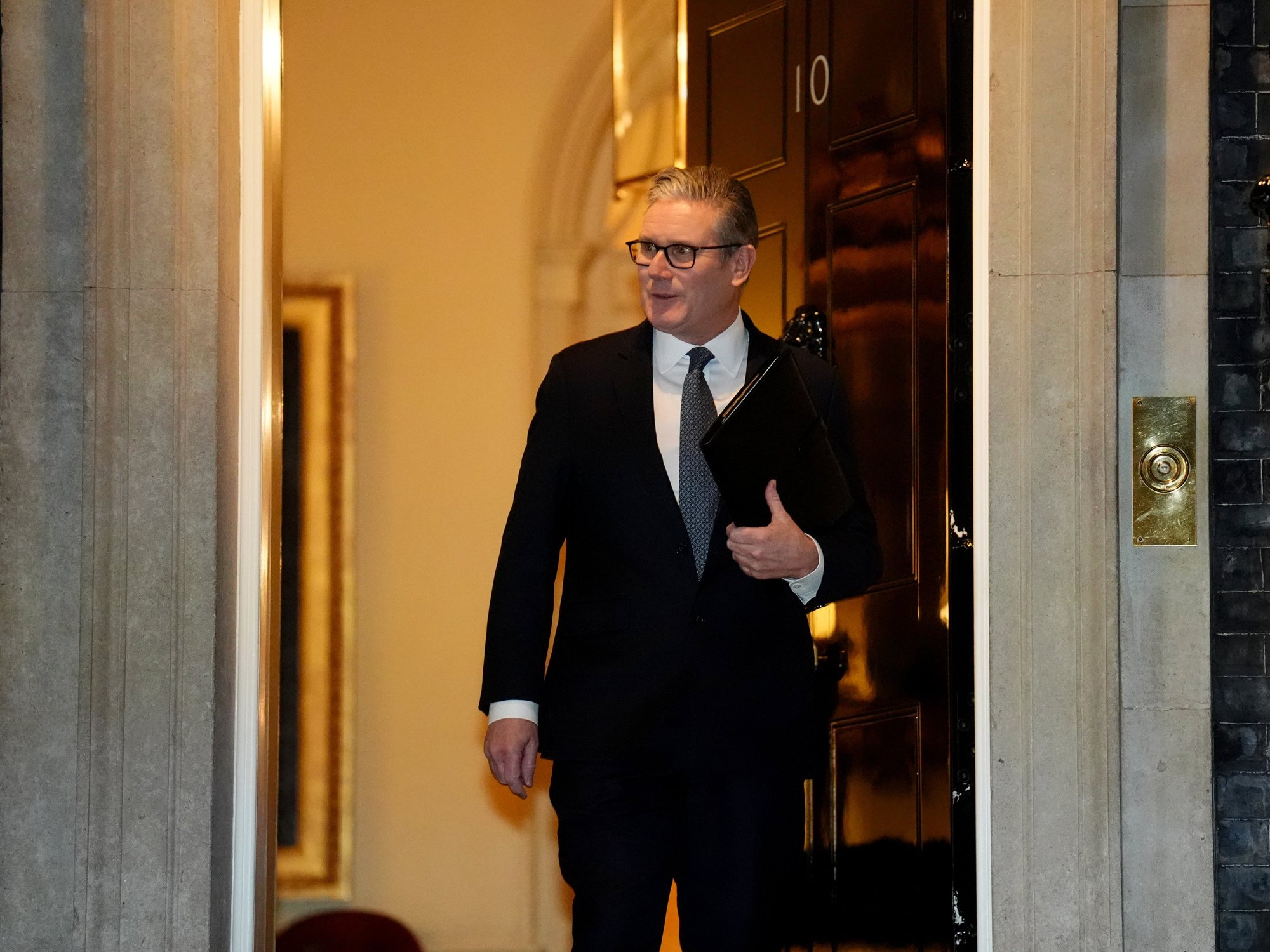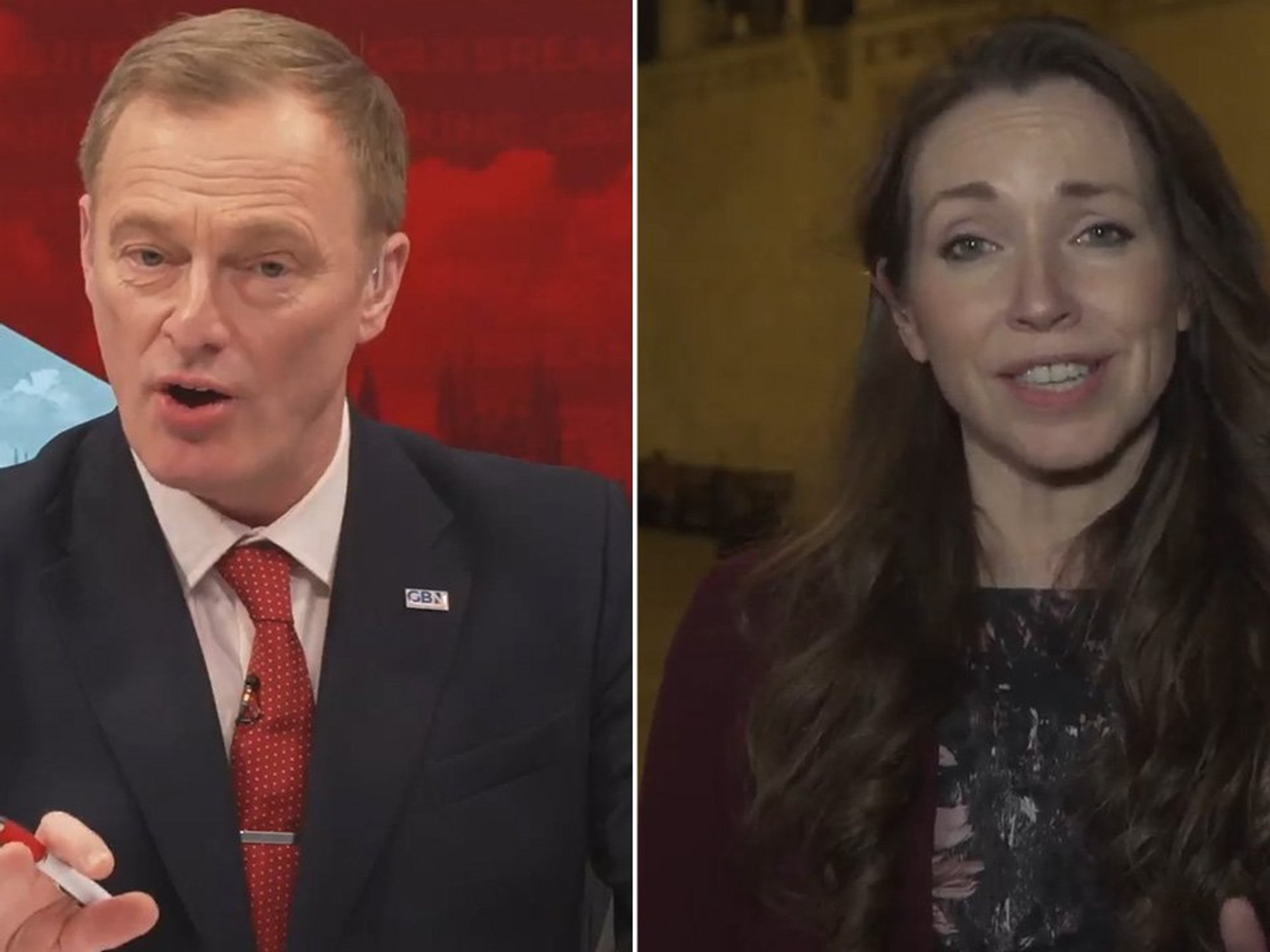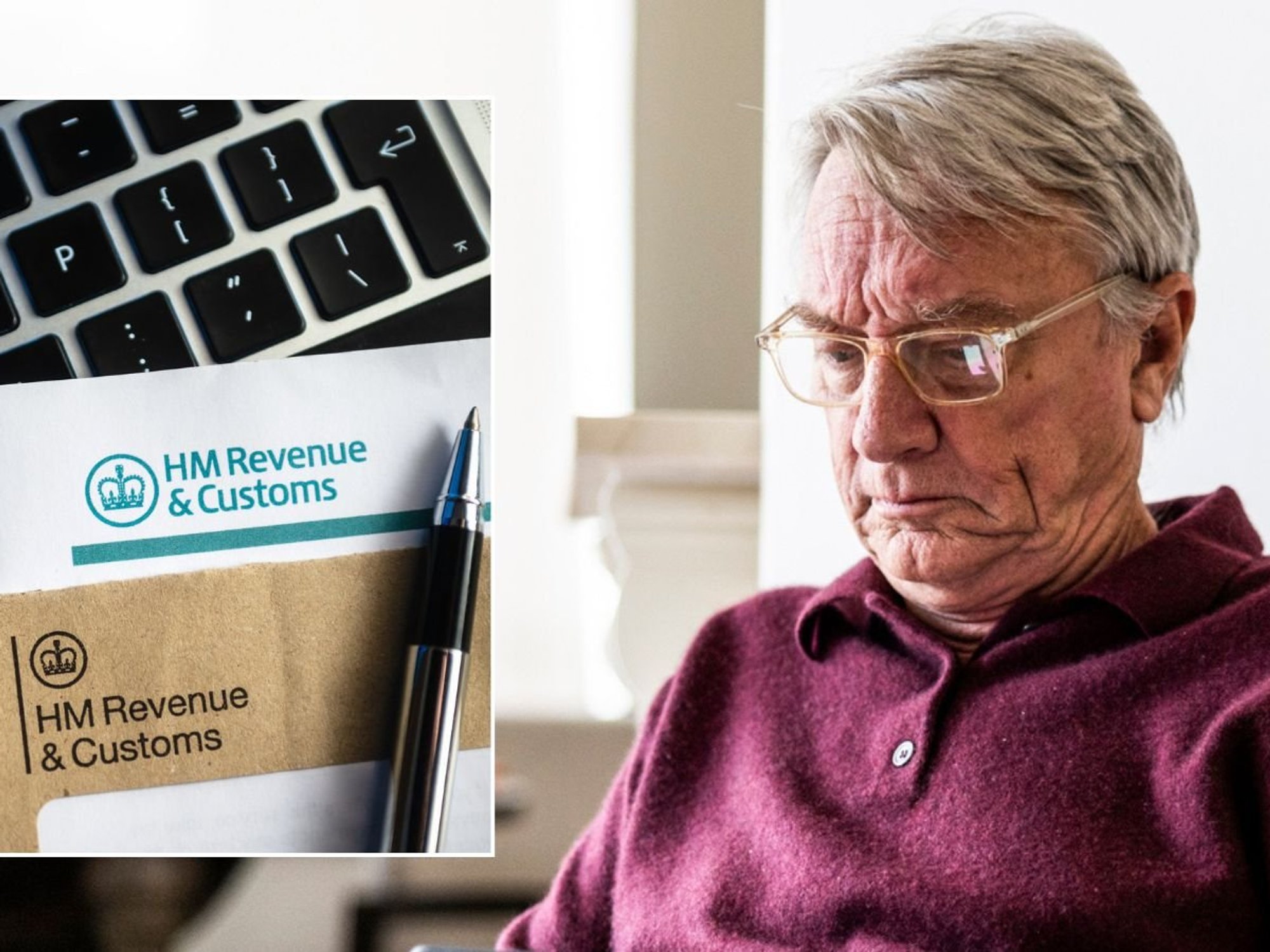Rachel Reeves implored to avoid 'penalising savers' in ISA shake-up as thousands face 'paying more tax'
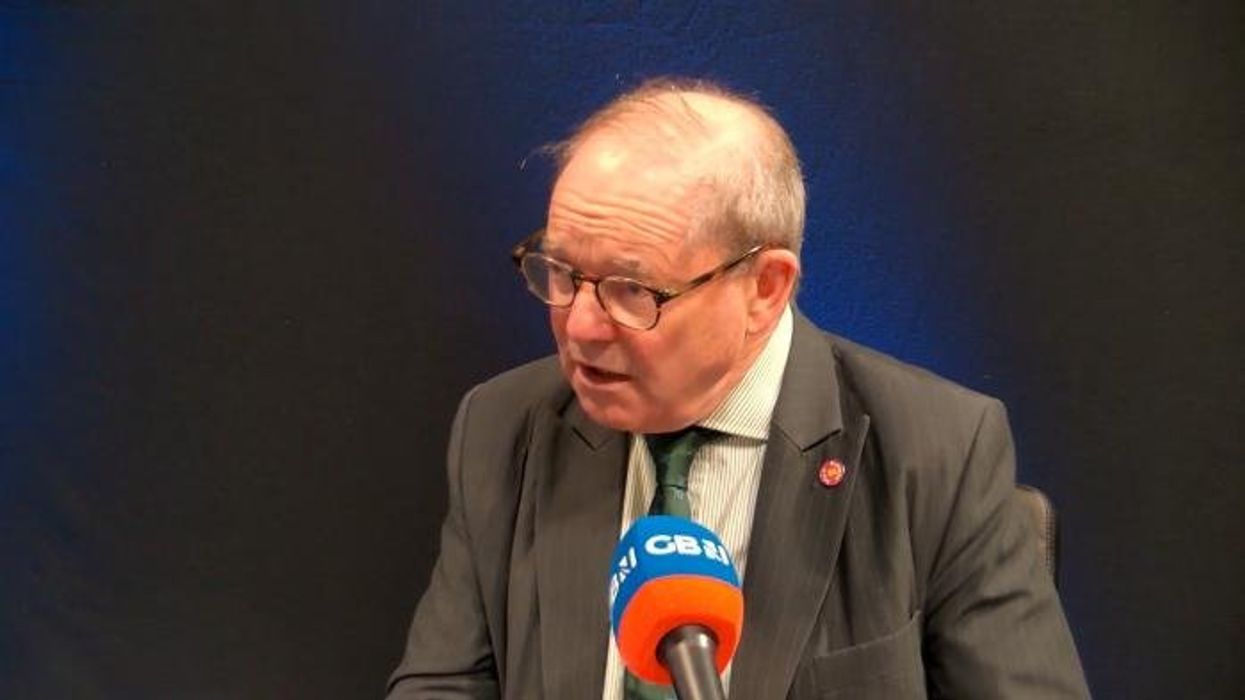
Sir Geoffrey Clifton-Brown says pension reform needs to be addressed or the next generation is at risk of bankruptcy |

ISAs are popular saving vehicles for Britons looking to sidestep payign tx
Don't Miss
Most Read
Britons are opposed to a potential tax rise levied on savings in the upcoming Autumn Budget, Chancellor Rachel Reeves has been warned.
Fresh research from investment platform Plum reveals that 68 per cent of British cash ISA holders reject rumoured proposals to slash the annual tax-free allowance on November 26.
Reports have suggested the Chancellor is floating reducing this limit from £20,000 to either £10,000 or £12,000, which would mean savers will become more liable to pay more tax.
Victor Trokoudes, Plum's founder and chief executive, cautioned that such reforms could trigger unintended consequences for Britain's economic growth ambitions.
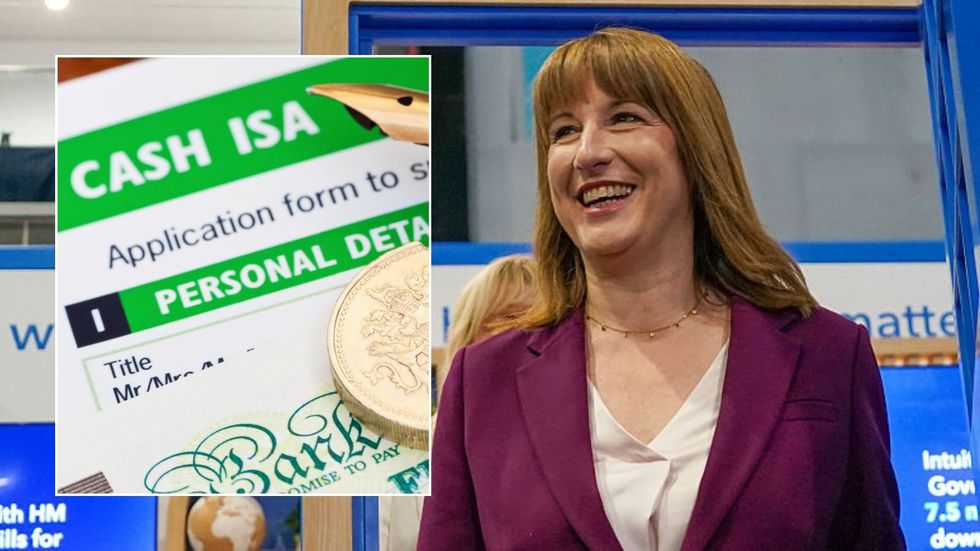
The Chancellor is being told not to 'penalise savers' through ISA reforms
| GETTY / PARather than channelling funds into UK equities as intended, the changes might drive capital towards American companies, according to the chief executive.
The findings emerge as reports suggest the Treasury could face a £2.5billion cost from reduced mortgage applications linked to cash ISA reforms.
When asked about alternatives if the allowance were cut, 37 per cent of respondents indicated they would shift funds to standard savings accounts, while 20 per cent would use current accounts. Merely 18 per cent expressed willingness to invest in British equities.
Mr Trokoudes warned: "Given the effects of fiscal drag from frozen tax thresholds, which are expected to be extended beyond April 2028 in the forthcoming Budget, more and more people would then be at risk of paying tax on their savings as they exceed their respective savings allowances.
 Savers are looking for the best ways to make their money go further | GETTY
Savers are looking for the best ways to make their money go further | GETTY"It would be especially harsh to punish people for saving in these circumstances, especially given high levels of inflation driven by rising food prices and regulated utility bills."
Investment behaviour among Plum's customer base underscores the challenge facing policymakers. American technology funds and S&P indices account for nearly two-thirds of investment value, with the S&P Total Market Fund's share rising from 12 to 14 per cent between June and September 2025.
Mr Trokoudes observed: "In fact, if Reeves' reported changes do lead to higher levels of investing among ISA users, capital will likely then be transferred from UK banks and building societies, which support lending to British consumers primarily, to US-listed companies so we'd be surprised if that is her intention."
The Plum chief executive advocates for constructive alternatives to support genuine investment growth. Rather than restricting Cash ISA limits, he suggests expanding stocks and shares ISA allowances and introducing starter bonuses to encourage new investors.
Mr Trokoudes emphasised: "We believe the focus should be on incentivising investment rather than penalising savers.
"This could include extending the stocks and shares ISA allowance or introducing a special starter bonus to help people begin their investment journey, as well as simplifying ISAs into a single ISA product."
He endorsed Treasury Committee proposals for comprehensive financial education improvements and accessible advisory services, alongside pension scheme reforms to boost UK investment.
As it stands, Britons are able to save up to £20,000 without paying tax into ISA products; including across multiple accounts. However, those who invest into a lifetime ISA can only deposit up to £4,000 into these particular accounts.
 Only £1.6billion in annual cash ISA contributions would likely move away from building societies if the allowance is halved | GETTY
Only £1.6billion in annual cash ISA contributions would likely move away from building societies if the allowance is halved | GETTYCarol Knight, the chief executive of The Investing and Saving Alliance (TISA) said: "There are very few voices more powerful on such matters than the Select Committee and their message to the Chancellor echoes ours.
"Like the Select Committee, we share the Chancellor’s ambition to boost investment in the likes of Stocks and Shares but cutting the Cash ISA allowance simply won’t achieve that laudable aim or deliver better consumer outcomes.
"Rather than switch to Stocks and Shares ISAs, it would likely result in money being held in lower-interest products, savers breaching the Personal Savings Allowance, or savings not being made at all.
"We urge the Chancellor to back away from any such move and instead direct the Treasury to prioritise better financial education, the provision of clearer and higher quality information on investment products and finalising the Targeted Support regime to get people more confident about investing."
More From GB News






